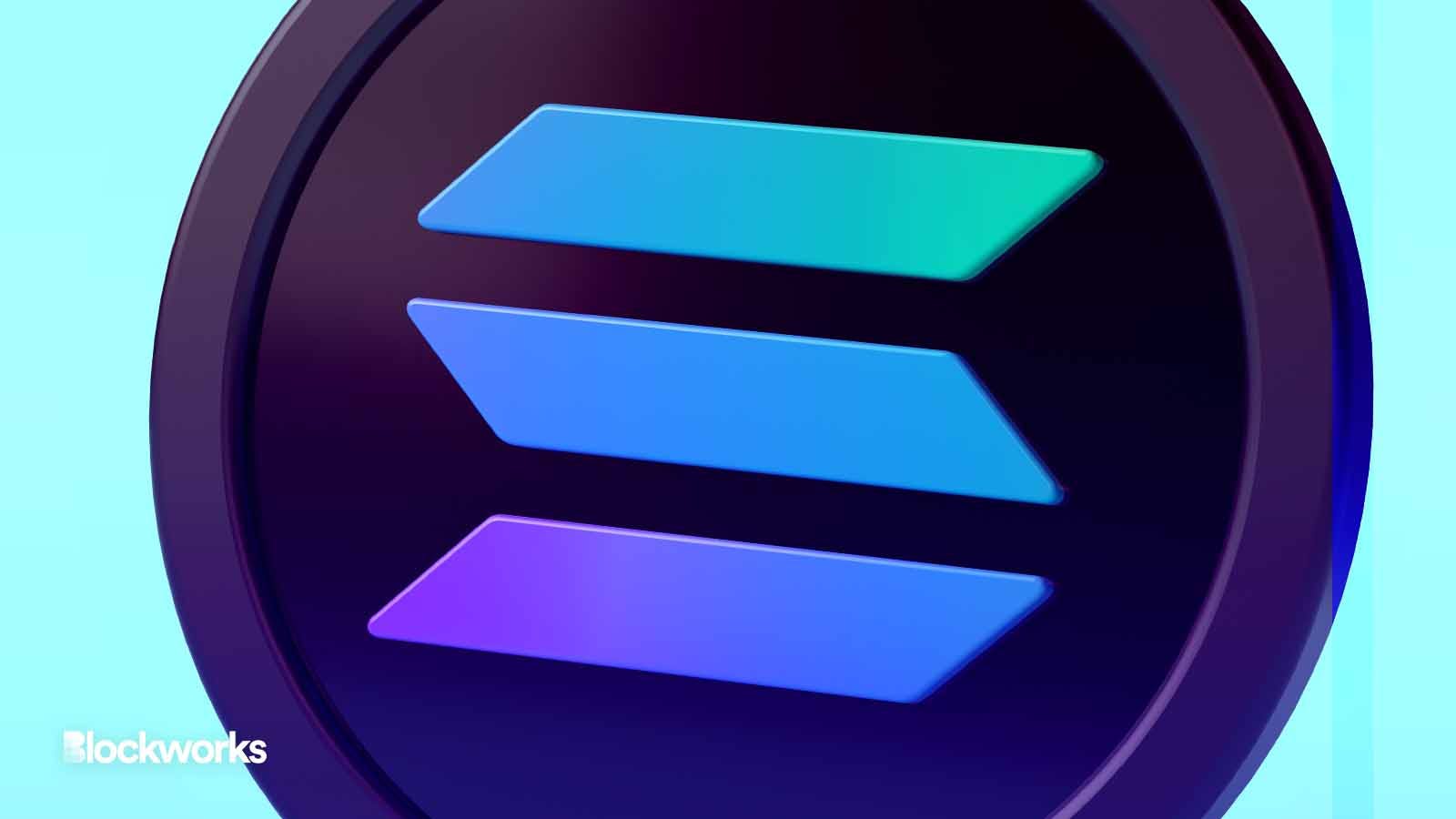Solana welcomes institutional MPC wallet
Fordefi’s multi-party computation wallet is designed to enable transaction simulations

dCrypto/Shutterstock modified by Blockworks
Institutional MPC wallet company Fordefi will integrate its native wallet solution with applications and protocols built on Solana.
Unlike wallets owned by individual accounts, institutional wallets must be able to provide access to multiple different stakeholders.
MPC stands for multi-party computation and is a type of wallet security that allows multiple parties to have access to the same wallet without revealing any personal information to one another.
“As tokenization continues to proliferate and mature, it will be imperative to have infrastructure products like the Fordefi platform that enable institutions to efficiently and intuitively manage their assets,” Ben Sparango, head of business development at Solana Foundation, said in a press release reviewed by Blockworks.
Although Solana already has different types of MPC wallets integrated with its ecosystem, Dima Kogan, Fordefi co-founder and chief technology officer, told Blockworks that simply being an MPC wallet is not enough.
Fordefi has advanced security features designed specifically for institutions, he explains. An example of this is Fordefi’s ability to simulate transactions and independently verify contract addresses.
“Whenever an institution does a transaction, we simulate the transactions and show the different effects that happen as a result of this transaction,” he said.
This means that before signing off on a transaction, the signer will know exactly which smart contract the transaction is going to, the vault, the person who is transacting, the value of the token, and its associated gas fees. Risks for each transaction will also be displayed during a transaction simulation.
“We use all these bits and pieces about the transaction in our policy engine to define the approval process, which is a basis for institutional wallets,” Kogan said.
Another feature that differentiates Fordefi’s wallet is the product’s policy management tool, which gives institutions the ability to set permissions and approvers, Crest Saechao, the vice president of marketing at Fordefi, told Blockworks.
“The native solution — which all other wallets implement — has a very short timeout for transactions from the moment the dapp creates them, which is incompatible with an often-lengthy institutional approval process,” Saechao said.
Some of Fordefi’s existing institutional clients include Keyrock and DeFiance Capital, who have chosen the product for its additional safety layers.
“Fordefi stands out in the industry with its strong focus on innovation, DeFi security, and education,” Arthur Cheong, chief information officer and founder at DeFiance Capital, told Blockworks. “They actively work to enhance the ecosystem, drive institutional adoption, and ensure participant safety.”
Get the news in your inbox. Explore Blockworks newsletters:
- The Breakdown: Decoding crypto and the markets. Daily.
- 0xResearch: Alpha in your inbox. Think like an analyst.






